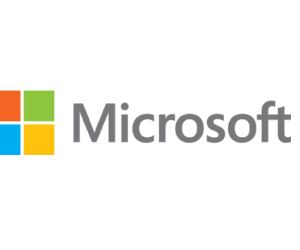A Powerful Processor to Enhance Digital Work
Lenovo provides the framework, Intel provides the processors, and Microsoft provides the software that users need to make the most of their AI laptops. Introduced in 2022, Windows 11 modernized the PC OS experience with user-friendly features and powerful productivity tools.
Windows 11 has recently added functionality to help users take full advantage of their AI-powered devices. This starts with services such as AI-powered Bing search, which helps users find what they’re looking for faster than ever. Additionally, the AI-enabled search function is embedded directly into the taskbar, making it easier to use. By combining ThinkPad and ThinkBook CPUs, GPUs and NPUs with AI-enhanced Bing search, Lenovo laptops deliver a personalized, powerful and productive experience.
Windows 11 on Lenovo laptops also includes Microsoft Copilot. The AI-powered assistant helps users get answers and inspiration from across the web without affecting performance or productivity. Users can ask Copilot to find answers, generate new content or provide suggestions. They can also customize Copilot’s conversation style with options for creative, balanced and precise communication.
READ MORE: How does Lenovo help businesses achieve a hybrid model?
The Future of AI-Enabled Laptops
The move to AI laptops is the latest in an ongoing compute cycle that sees functional models shift from the edge to the center and back again. Where cloud computing provides a way to converge (and hyperconverge) processes and data, AI is pushing compute back to the edge where data is initially generated.
To help navigate the changing AI landscape, next-generation laptop manufacturers are exploring new ways to maximize the impact of AI on day-to-day operations. The message to device manufacturers is also clear: Embrace AI or get left behind. For example, the Lenovo ThinkBook portfolio is now using AI to improve battery life and enhance videoconferencing with solutions such as Smart Power and Smart Meeting.
UP NEXT: Find out why AI requires high-performance computing.
Lenovo, Intel and Microsoft collaborations indicate an ongoing effort to make AI accessible for all — enabling any user to benefit from a personalized, productive work experience.
This article is brought to you by:












